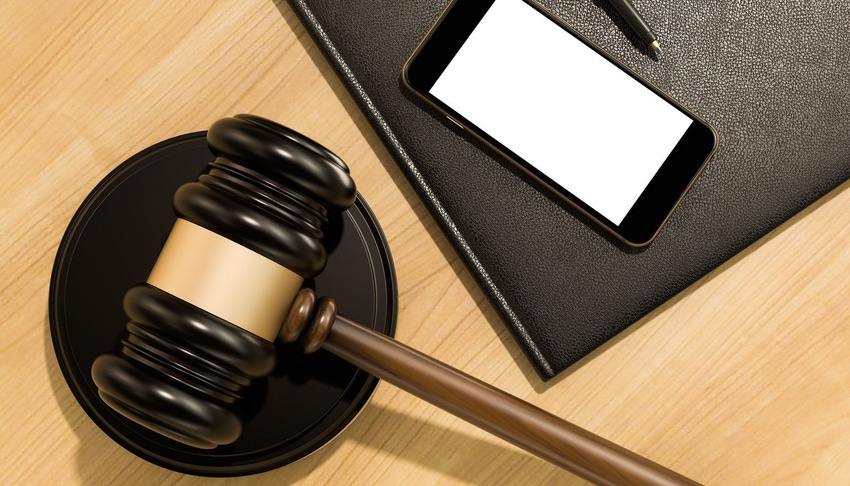Ericsson sues Samsung for un-FRAND-ly patent negotiations
With so much uncertainty in the world, it is somewhat reassuring to know that Ericsson and Samsung are still able to have their semi-regular patent disputes.
December 11, 2020

With so much uncertainty in the world, it is somewhat reassuring to know that Ericsson and Samsung are still able to have their semi-regular patent disputes.
This time, the Swedish kit maker has sued its South Korean counterpart for alleged violations of its commitment to negotiate patent-licensing agreements in good faith and on FRAND (fair, reasonable and non-discriminatory) terms.
Ericsson warned that the dispute will result in delayed royalty payments and litigation costs, which when combined with the slowdown in the smartphone market, will result in a SEK1-1.5 billion (€97-€145 million) quarterly hit to its operating income.
The company boasts more than 54,000 granted patents, supported by annual R&D spending of SEK40 billion.
Ericsson wants a court ruling to confirm that Samsung has breached its FRAND obligations, while Ericsson has honoured them.
“The FRAND system is a fundamental building block of a rich ecosystem that has allowed global cellular connectivity to scale to more than 8 billion interoperable connections. It allows access to intellectual property, developed by contributors like Ericsson, under global mobile standards, on FRAND terms and conditions. It also rewards those contributors for their significant up-front investment in R&D in each mobile generation,” said a statement from Ericsson.
If history is any indication, this could be just the first volley in what could descend into another bitter battle over intellectual property licensing. The last one took two years to resolve.
Samsung first licensed certain standard-essential patents from Ericsson in 2001; a deal they extended in 2007. Their relationship soured in 2012 though. After two years of negotiations, the companies failed to agree on how much Samsung would pay to continue to license Ericsson’s patents. When the licences expired, Ericsson sued for patent infringement.
At the heart of the disagreement was Ericsson’s assertion that Samsung was refusing to accept the same FRAND terms that it offered to other vendors. Samsung countered that Ericsson’s so-called FRAND terms were actually a means of extracting unreasonably high fees from licensees.
It turned into more of a tit-for-tat dispute in 2013, when Samsung filed its own patent infringement case against Ericsson.
Two years after the row erupted, the opposing sides settled in early 2014, with Samsung agreeing to pay unspecified fees to use Ericsson’s patented technologies. Exact figures were not disclosed; however, Ericsson said at the time that the agreement would add $651 million to its topline.
In those days, disputes over intellectual property licensing were so common in telecoms – and very often quite bitter – that the term ‘patent war’ was not hyperbolic by any measure. They were particularly prevalent among handset OEMs, with iPhone maker Apple being particularly litigious against purveyors of Android devices, which it accused of copying its designs. Frequently, injunctions were sought that banned the import and sale of certain models in certain jurisdictions.
An uneasy peace broke out when certain courts began denying injunction requests in cases involving standard-essential patents whose owners had previously agreed to license them on FRAND terms.
Ericsson taking Samsung to court this week shows that – as far as Ericsson is concerned – an impasse has been reached. It now falls to Samsung to either prove that it has been negotiating in good faith, or to accept whatever terms are on offer. Given their history, it would be a surprise if Samsung were to back down straight away.
About the Author(s)
You May Also Like








.png?width=300&auto=webp&quality=80&disable=upscale)


_1.jpg?width=300&auto=webp&quality=80&disable=upscale)


.png?width=800&auto=webp&quality=80&disable=upscale)